Working on land grabbing, 1963-2013
- Mokoro
- 05 June 2013
Veteran advocate against land grabbing, Robin Palmer, reflects on the context of his work since 1963 in this keynote presentation at the University of Limerick.

Veteran advocate against land grabbing, Robin Palmer, reflects on the context of his work since 1963 in this keynote presentation at the University of Limerick.
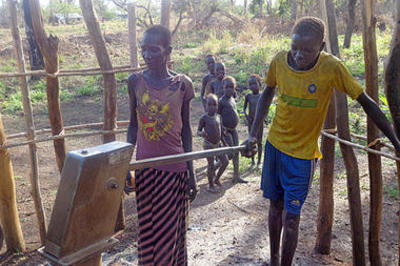
Ethiopia’s effort to resettle local farmers into main villages while also leasing land to foreign corporations or wealthy Ethiopians has put Gambella under scrutiny for charges of violent forced relocations.
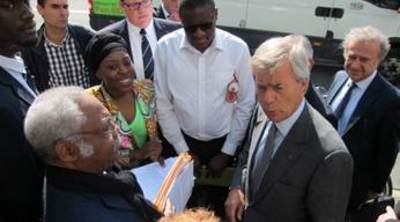
Dans trois pays d’Afrique, les riverains des plantations contrôlées par le groupe Bolloré ont organisé des manifestations simultanées le jour de l’AG des actionnaires. A Paris, Vincent Bolloré a reçu en mains propres la lettre de revendications portée par des ressortissants des pays concernés.
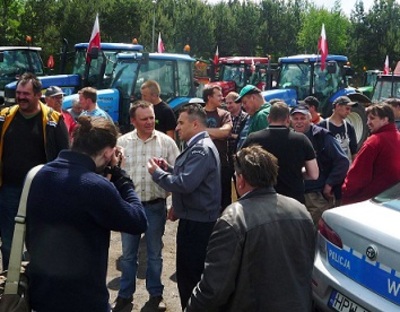
On 29th May, farmers in the Polish Region of West Pomerania organised a protest against land grabbing.
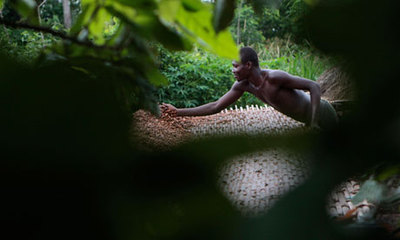
Report urges full implementation of UN voluntary guidelines and urges DfID to support agricultural extension services
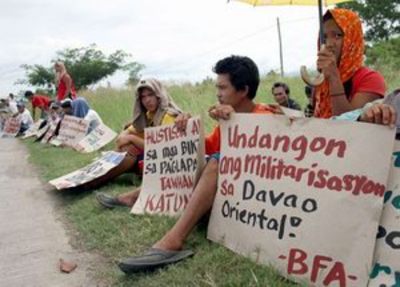
KMP says the 30,000 hectares of land to be leased to Honk Kong-based company “spells land-grabbing” to Davao Oriental farmers.
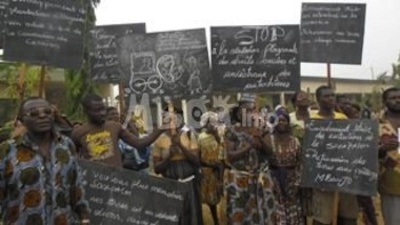
Dans quatre pays d’Afrique, les riverains des plantations contrôlées par le groupe Bolloré organisent des actions simultanées ce mercredi 5 juin 2013, jour de l’AG de ses actionnaires. A Paris, des ressortissants des pays concernés vont porter les revendications aux dirigeants du groupe.

Farmers in four African countries, whose land, lives and livelihoods have been disrupted by the expansion of plantations under the control of the Bolloré group, are organising coordinated actions at the group's general shareholders’ meeting.

TBS News visits Mozambique to look into why farmers are opposed to Japan's agricultural development programme with Brazil.

The scale and pace of the large scale acquisition of land — or land grabbing — in the developing world in the last decade is unprecedented and is having disastrous consequences for the world’s poor.
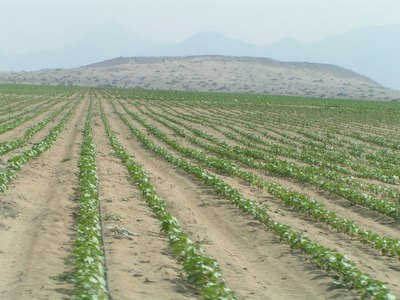
Actualmente, la Costa peruana contaría con 863 mil hectáreas de tierras de cultivo. De esta superficie, cerca del 10% tendría algún grado de participación de inversionistas extranjeros. Solo Odebrecht y Maple controlan el 3%.
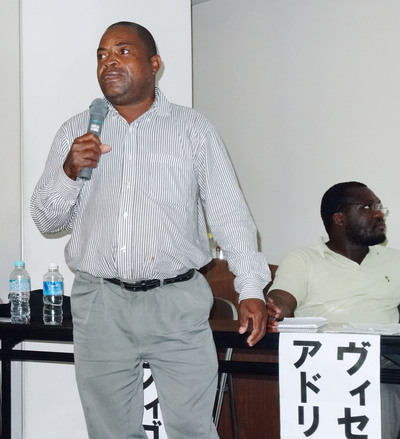
Augusto Mafigo, agricultor y sindicalista de Mozambique, dijo que los campesinos redoblaron sus protestas contra ProSabana porque temen que les haga perder sus pequeñas porciones de tierra cultivable cuando las compañías extranjeras se instalen.